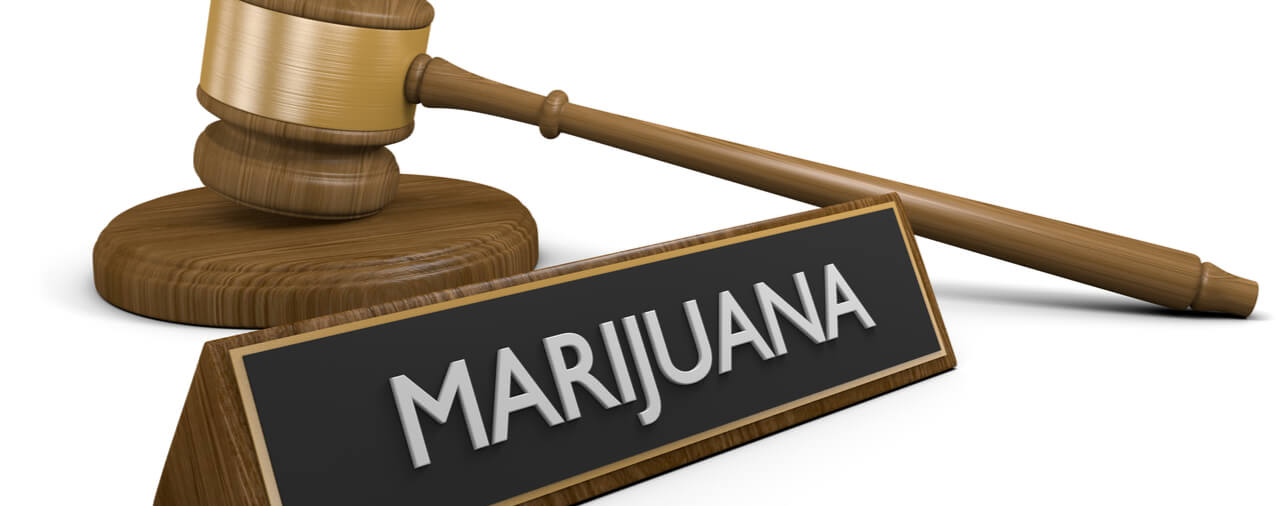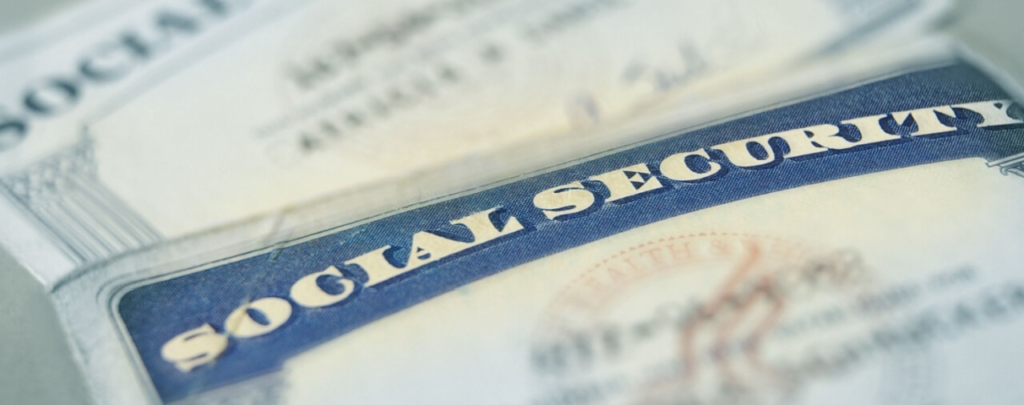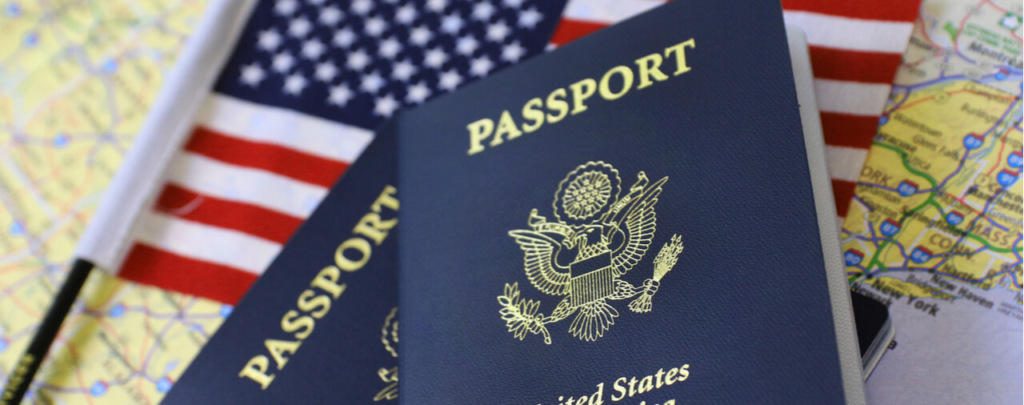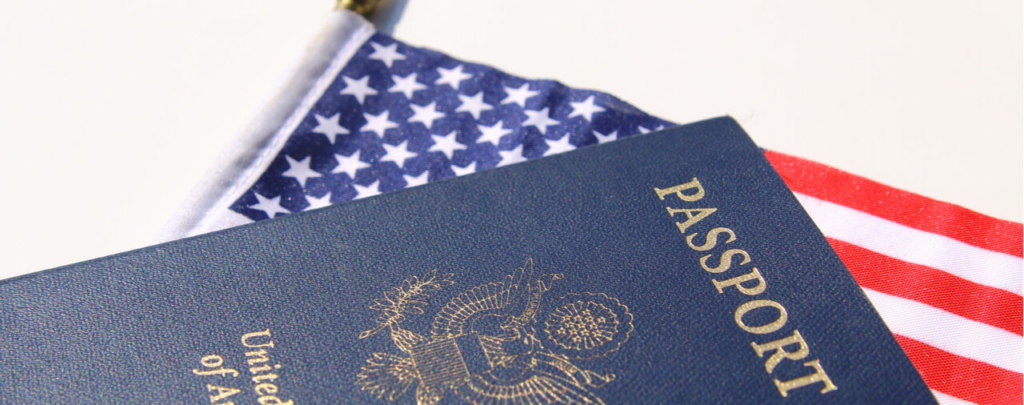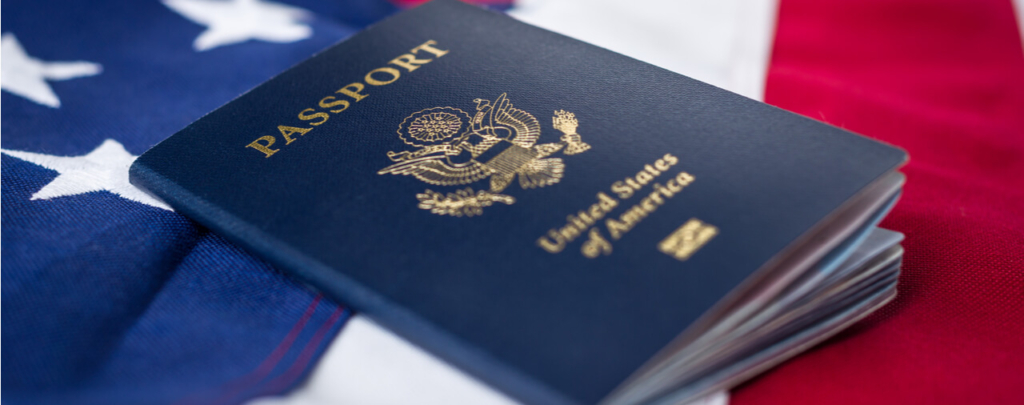- Introduction
- Controlled Substance Violations Generally
- Marijuana and the Conditional Bar to Good Moral Character
- Exception for Single Offense of Simple Possession
- Conclusion
Introduction
On April 19, 2019, the United States Citizenship and Immigration Services (USCIS) published Policy Alert (PA) PA-2019-02, titled “SUBJECT: Controlled Substance-Related Activity and Good Moral Character Determinations” [PDF version]. The PA modifies the USCIS Policy Manual (PM) 12 USCIS-PM F.5, which deals with conditional bars to good moral character. The PM clarifies that any violation of federal controlled substance law is generally a conditional bar to good moral character. It clarifies that this includes marijuana-related activities where such activities were not unlawful under applicable state or foreign laws.
The new policy took effect on April 19, 2019. The USCIS is accepting comments on the policy through May 2, 2019.
We discuss conditional bars to good moral character in detail in a separate article [see article].
Controlled Substance Violations Generally
The USCIS PM addresses the controlled substances conditional bar to good moral character at 12 USCIS-PM F.5(C)(1). Conditional bars to good moral character are set forth at section 101(f) of the Immigration and Nationality Act (INA).
An alien is precluded from establishing good moral character if he or she violated any controlled-substance related federal or state law or regulation of the United States or law or regulation of a foreign country during the period in which he or she must establish good moral character (the “statutory period”). “Controlled substance” is defined as a substance included in the federal controlled substance schedules, found in 21 U.S.C. 802. The conditional bar to good moral character applies to conspiracies to violate controlled substance laws or adding and abetting another to do so. The bar adheres if an individual is convicted of a qualifying controlled substance offense and if an alien admits to committing acts that constitute the essential elements of a violation of controlled substance law.
If an alien is found to have committed an aggravated felony illicit trafficking in controlled substances offense (as defined in section 101(a)(43)(B) of the INA), the alien is permanently barred from establishing good moral character, regardless of when the offense occurred. This is distinguishable from other controlled substances offenses which lead to only conditional bars to good moral character.
Marijuana and the Conditional Bar to Good Moral Character
The PM now addresses the controlled substance violations conditional bar to good moral character and offenses involving marijuana at 12 USCIS-PM F.5(C)(2).
The PM states that numerous states and the District of Columbia have enacted laws permitting the use of medical or recreational marijuana. Notwithstanding these state laws, “[m]arijuana … remains classified as a ‘Schedule I’ controlled substance under the federal [Controlled Substances Act (CSA)].” Because marijuana remains a Schedule I controlled substance under the CSA, “certain conduct involving marijuana, which is in violation of the CSA, continues to constitute a conditional bar to GMC for naturalization eligibility, even where such activity is not a criminal offense under state law.” (Emphasis added.)
The PM explains that marijuana offenses under federal law “may include, but is not limited to, possession, manufacture or possession, or distribution or dispensing of marijuana.” This means that “possession of marijuana for recreational or medical purposes or employment in the marijuana industry may constitute conduct that violates federal controlled substance laws.” For a naturalization applicant, “these activities, whether established by a conviction or an admission by the applicant, may preclude a finding of [good moral character] for the applicant during the statutory period.” We discuss what constitutes a valid “admission” for the purpose of the good moral character bar in a separate article [see article]. The PM adds that, “even if an applicant does not have a conviction or make a valid admission to a marijuana-related offense, he or she may be unable to meet the burden of proof to show that he or she has not committed such an offense.”
Exception for Single Offense of Simple Possession
The conditional bar to good moral character does not adhere “if the violation was for a single offense of simple possession of 30 grams or less of marijuana.” (Emphasis added.) The exception also applies to paraphernalia offenses provided that “the paraphernalia offense is ‘related to’ simple possession of 30 grams or less of marijuana.”
Conclusion
The PM update does not change the law on controlled substances and conditional bars to good moral character. Rather, it makes clear that marijuana offenses constitute conditional bars to good moral character if they are covered under federal law even if they are not criminalized under the laws of the jurisdiction in which they occurred. It is important for aliens — especially those planning to apply for naturalization — to remember that marijuana activities can lead to adverse consequences under the immigration laws, including conditional bars to good moral character. If an alien has any doubt about whether a specific activity may cause problems for his or her immigration status or aspirations, he or she should err strongly on the side of caution and consult with an experienced immigration attorney to resolve any ambiguity.
